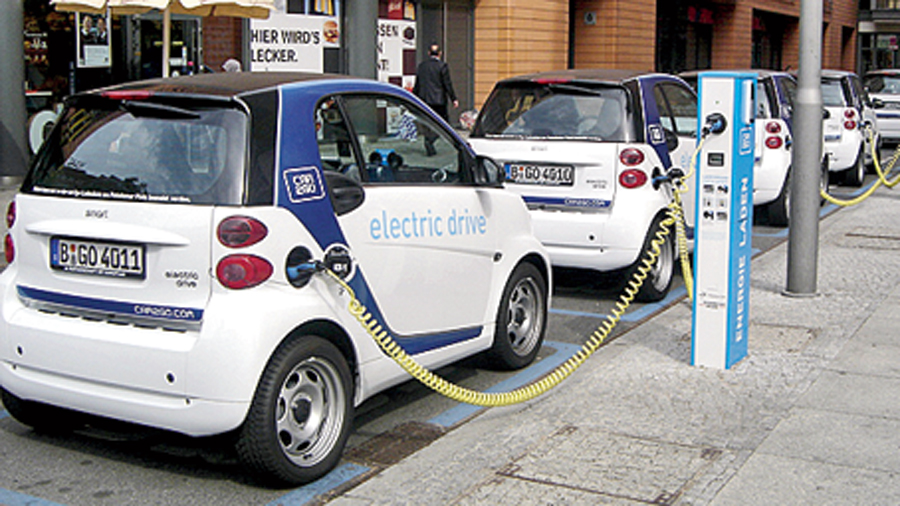The budget is likely to offer tax incentives to use clean fuel vehicles and sops to recycle lithium-ion batteries.
The sops will meet India’s commitment to contain carbon emission and cut down on fossil fuels that will bring down imports.
Finance minister Nirmala Sitharaman is expected to extend the incentive of Rs 1.5 lakh tax deduction to interest payment on EV loan, under Section 80EEB. Tax analysts want the extension of the relief for two years.
Automakers are coming up with new models and the segment is now picking up. The government should offer the incentives for a longer duration, the analysts said.
The other key component to promote EVs is the recycling of batteries. The budget could allocate Rs 4,000 crore as incentives to set up clusters having recycling units for lithium-ion batteries.
Officials said “battery recycling industries are very capital-intensive and we cannot expect setting up of largescale recycling units without incentives. Companies would require initial fiscal support from the Centre”.
The lithium-ion batteries are expected to be available in large numbers in the next few years as EV mobility picks up in India along with the domestic manufacturing of batteries.
The government is also expected to propose a corpus where the market players will contribute to provide incentives to customers to return batteries.
The Society of Manufacturers of Electric Vehicles (SMEV) has pitched for several sops including the adoption of the FAME II scheme (Faster Adoption and Manufacturing of Hybrid and Electric Vehicles) beyond 2024 and a reduction of the GST.
In the last budget, FAME II got Rs 10,000cr incentives.










